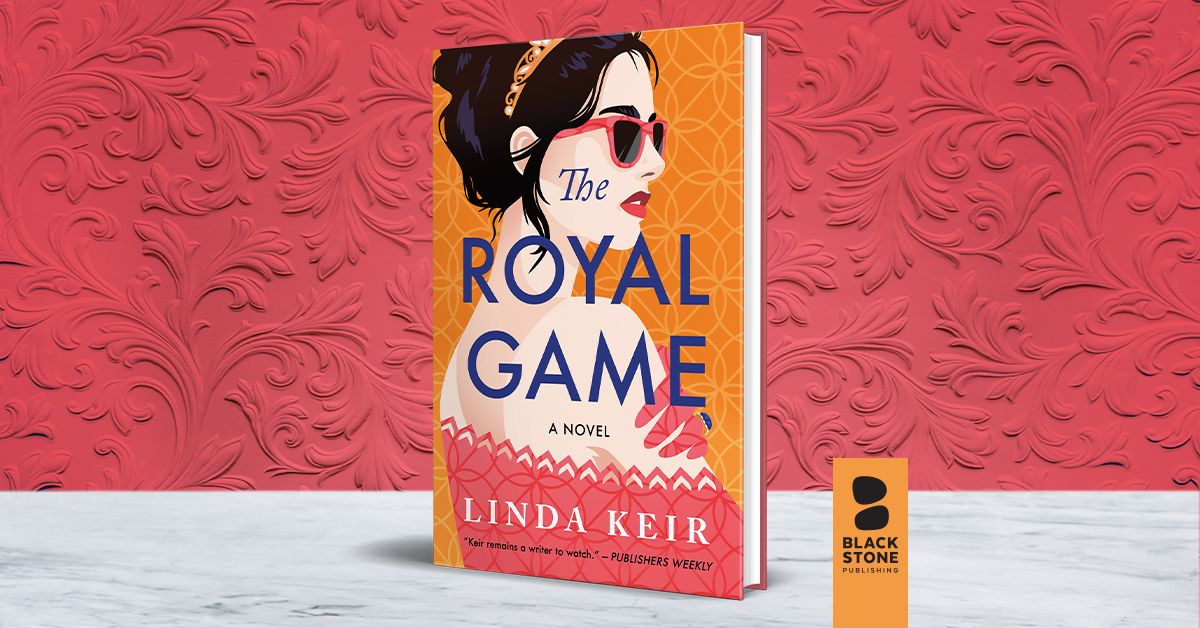This is an excerpt from issue #10 of Graff Paper, my monthly newsletter. Sign up now and I’ll send you a free book or audiobook—while supplies last! (U.S. addresses only, please.)
I’ve Got the Whole World in My Hands—I’d Better Not Drop the Ball
“Why did you want to become a writer?”
Earlier this year, I announced my intention to begin a deep, soul-searching essay probing this question. As projects piled up and each month became busier than the last, I took many mental notes for that essay but I have yet to begin it.
But I am asked that question several times each week by kids during the Q&A part of my virtual school visits. (They also show enduring interest in when I published my first book, how many books I’ve written, how long it takes to write a book, and which one is my favorite.)
For years I’ve answered the “why” question with generalities, saying, “I don’t know—I think I’ve always been a writer.” When I was five, I explain, I told a story to my father, who typed it up and made it look tantalizingly professional; when I was in sixth grade, I wrote, drew, and assembled little hardcover books; when I was in high school, I wrote a novella. I add that I loved to read and always dreamed of being an author on the shelf next to writers I admired.
I like writing because I decide what happens.
But I never answered that question in a way that satisfied me until a couple of weeks ago, when I dug deeper than I had before. I thought about the feeling of peace and satisfaction that comes over me when I’m writing. I pondered the pleasures of building something out of words.
And I said something like, “I like writing because I decide what happens. The real world can be a confusing and unpredictable place—it feels that way more than ever this year, doesn’t it?—but when I’m telling a story, I’m creating a world where I’m in control of everything, and it’s nice to escape to a place like that for a little while every day.”
Zoom school visits have their disadvantages: I can’t hear murmurs or laughter, and body language can be hard to read. And yet I still felt that answer resonate. With a contentious election looming, a pandemic raging, and so much uncertainty in the air, I could tell kids were taking that on board. I saw teachers nodding.
Writing it down now, it feels like a simplistic answer and yet it still feels like the truest one.
Over the years, I’ve spoken to thousands upon thousands of young readers, and at each stop, I hope that I’ve inspired a few of them to read more books and to write their own stories. I hope they feel empowered to imagine a better fictional world—and I hope they grow up to help us create a better real world, too.
